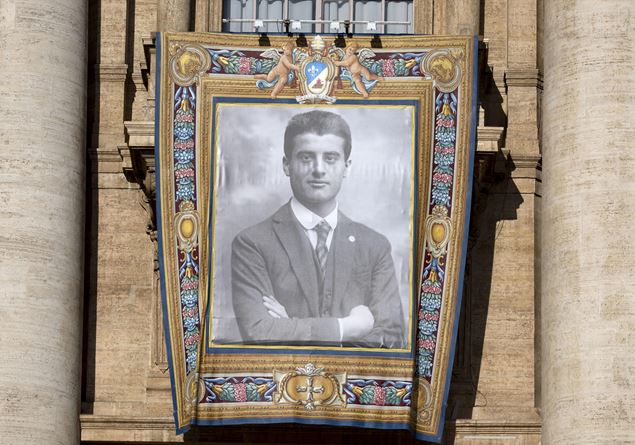Of Ivano Zoppi (general secretary of the Carolina Foundation)
This story dramatically confirms what we have been denouncing for years: cyberbullying and digital violence are not just youth problems, but a reflection of the collective fragility of our society. When adults use technology to violate, humiliate and harm other human beings, what example are we setting for new generations?
We can no longer be surprised when the news reports episodes like this: let’s become aware of the normality of these actions. Because this is normality, at least as far as the new generations are concerned. Phenomena such as deepfakes and the use of AI to manipulate photos or videos are a reality for thousands of children. For example, the construction of avatars using generative intelligence to create emojis or profile images on social media or in chats is increasingly widespread. A typical practice also in the sphere of online games. This habit, if applied to the illegal dissemination of sexually explicit material, takes on disturbing contours.
Continuous innovations in the digital field, combined with the ease of using these tools, have over the years distorted the grammar of some types of crime, on which the Legislator has also recently intervened. When it comes to revenge porn, for example, the attacker no longer needs to find, clandestinely or otherwise, intimate images of the victim, but it will be enough to download a simple photo, even a close-up one. At that point it will be enough to mount the person’s face on the naked body of a third subject to obtain the desired effect. In other cases, artificial intelligence allows you to obtain an image of a naked subject starting from a photograph in a swimsuit. All it takes is a simple App, a link to a specialized site and you’re done.
These are not far-fetched hypotheses, what happened to Francesca Barra, rightly highlighted by the national news, also happens among very young people. Unfortunately, there has been no shortage of similar cases managed by the Carolina Foundation’s Rescue Team, the interdisciplinary team that ensures timely support to families when episodes of online violence or discomfort occur in schools, oratories, sports or recreational activities.
So what to do? We must have the courage not to sweep the dust under the carpet. The responsibility is ours and we cannot pass it off on technological pursuit. Progress does not have a soul, it is we who must express on a digital level those universal values of respect and civil coexistence that we often take for granted on a physical, daily level. Laws are not enough, which we have seen can be overcome by facts and the new possibilities offered by technology. Much more is needed. We need a change in education and training.
On the one hand the technological problem. Finding tools that prevent the sharing of this type of images, but on the other hand the cultural problem is even more important: why would a man choose to use technology to create images like this? More than artificial intelligence, the problem is the itchy curiosity, the rudeness that drives us adults towards this drift. Conduct assimilated by the younger generations, who out of boredom, lack of empathy and ignorance about the real significance of certain choices, replicate these behaviors with detachment and indifference.
Every time this happens something breaks, both in the victims and in the executioners. It’s easy to cry foul and point fingers, but no one picks up the pieces.








